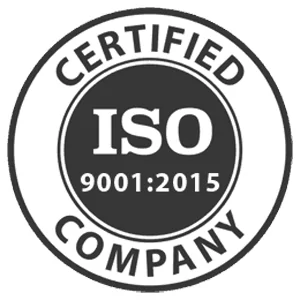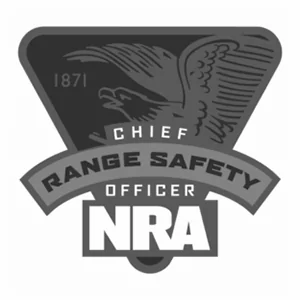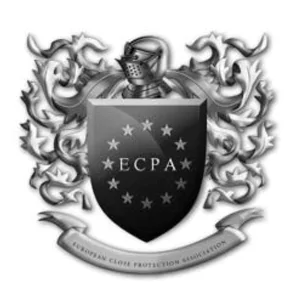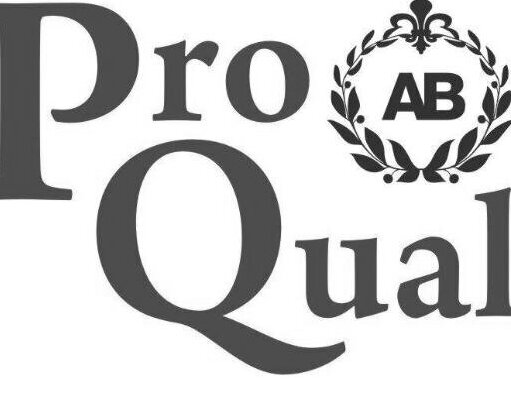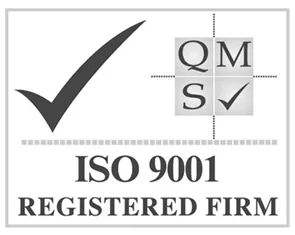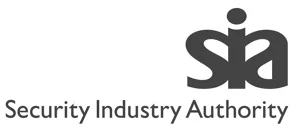ProQual Level 4 Close Protection in Hostile Environment Firearms and Tactics
Advanced Firearms & Tactical Training for High-Risk Situations
WHO IS THIS COURSE FOR?
The awarding organisation for this qualification is ProQual Awarding Body and the regulatory body is the Office of Qualifications and Examinations Regulation (Ofqual).
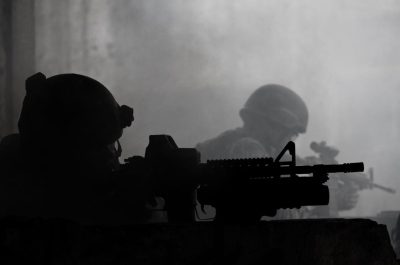
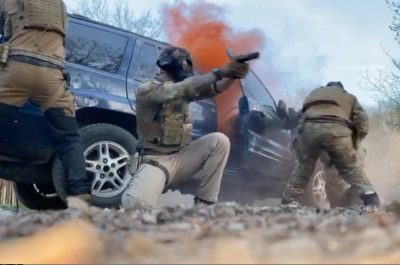
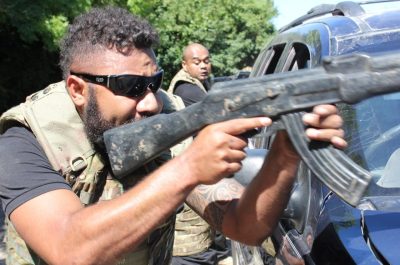
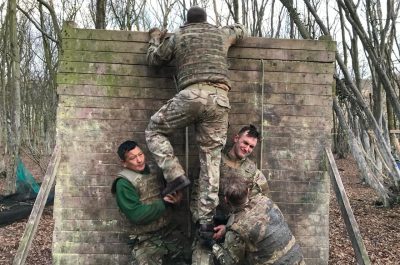
Course information and design
ProQual Level 4 Close Protection in Hostile Environment Firearms and Tactics training is designed to equip individuals with the necessary skills to operate effectively and safely in high-risk environments where the threat of violence is significant. This type of training is typically undertaken by military personnel, law enforcement officers, private security contractors, journalists working in conflict zones, and humanitarian workers operating in volatile regions.
Yes. This is the top-tier Close Protection training available on the Regulated Qualification Framework (RQF), as laid down by Ofqual, the UK education regulator.
The course runs for 10 days (100 hours total), with an intense focus on 90% practical exercises.
You’ll gain in-depth knowledge of various weapons used in Close Protection, including concealed carry, firearm safety, and live shooting drills. Safety and accuracy are core priorities throughout.
It’s a highly practical course—90% hands-on training designed to replicate real-world scenarios in hostile environments.
- VCQB (Vehicle Close Quarters Battle)
- Use of vehicles and barriers to manipulate weapons and create accurate shooting positions
- Vehicle drills and foot drills in team formations
- Realistic response to multi-angle enemy attacks
Yes. You’ll be trained to shield and extract VIPs under multiple threat types, ensuring maximum protection through dynamic tactical maneuvers.
Absolutely. You’ll operate as part of a team in all calculable scenarios, from urban ambushes to vehicle-based attacks.
- This course is perfect if you’re aiming for roles in:
- Armed private security contracting
- Diplomatic protection
- Executive protection (armed CPO roles)
No, this is not an SIA course. It’s real Close Protection Operative (CPO) training, focused on the real-world skills needed for armed operations—not classroom theory.
To achieve this qualification, candidates must demonstrate the level of knowledge described in each unit by meeting the assessment criteria set out in the qualification.
Assessment is the process of measuring a candidate’s knowledge and understanding against these standards. Each candidate is required to produce evidence that shows they have met all learning outcomes and assessment criteria for every unit.
Learning outcomes define what a candidate is expected to know, understand, or be able to do, while assessment criteria specify the standard they must meet to prove each outcome has been achieved.
Accepted forms of evidence include:
Assignments, projects, or reports
Worksheets
A portfolio of evidence
Coursework
Only by successfully providing this evidence for all criteria will a candidate be awarded the qualification.
Candidates must be 18 years of age or older and must hold or be working towards a Level 3 qualification in Close Protection.
It is also recommended that learners have a basic level of written and verbal English literacy to successfully engage with the course content and assessments.
This course is designed for the student to enjoy a complete journey of learning and story line. The student will be entering a mission-based scenario from day one with a final mission on the day 10 encapsulating all they have learned. Excitement of working in a team choosing one of the scenarios such as Journalist protection, government building personnel protection, hostage rescue, covert recon, quick reaction force QRF.
Close protection: Taking the basic principles of close protection practical training and instilling them into a more hostile environment with the use of weapons.
Firearms: focusing on proficiency with a variety of weapons commonly used in hostile environments, such as handguns and rifles. Participants learn marksmanship, weapon handling, and tactics for engaging threats in different scenarios.
Tactical Skills: Participants are trained in tactical manoeuvres and techniques for navigating hostile environments. This includes movement under fire, vehicle operations, and small unit tactics. Training also covers principles of cover and concealment, Checkpoint situational awareness, and communication during high-stress situations.
Hostile Environment Awareness: Participants are educated on the specific threats and challenges they may encounter in hostile environments, including terrorist threats, criminal activity, improvised explosive devices (IEDs), and hostile surveillance. Training emphasizes risk assessment, threat mitigation strategies, and personal security measures.
Psychological Preparedness: training also addresses the psychological aspects of operating in hostile environments, including stress management, resilience, and coping strategies for dealing with trauma and adversity.
As for career prospects, HEFAT training can lead to various career paths, including:
Military or Law Enforcement Special Operations: HEFAT training is essential for personnel serving in special operations units tasked with conducting missions in high-threat environments, such as counter-terrorism operations or hostage rescue missions.
Private Security Contracting: Many private security companies require HEFAT-trained personnel to provide security services for clients operating in conflict zones, including government agencies, NGOs, media organizations, and corporate entities.
Journalism and Media: Journalists and media professionals working in conflict zones often undergo HEFAT training to enhance their safety and security while reporting from dangerous areas. This training enables them to navigate risks and threats while covering sensitive stories.
Humanitarian Aid and Disaster Response: Humanitarian workers and disaster response teams operating in volatile regions may undergo HEFAT training to prepare for the unique challenges of delivering aid in hostile environments, such as conflict zones or natural disaster areas with limited infrastructure.
Overall, HEFAT training equips individuals with valuable skills and knowledge to operate safely and effectively in hostile environments, opening up opportunities for careers in various fields where security and risk management are paramount.
Course Cost
£3000
Location
London/Kent (United Kingdom) and Bangkok (Thailand)
Course Dates
18th of every month
Course Length
10 Days
120 GLH and 200 TQT (Flexible format: Full-time or Modular)
Assessments
- Candidates must demonstrate the level of knowledge described in the unit. Assessment is the process of measuring a candidate’s knowledge and understanding against the standards set in the qualification.
- Each candidate is required to produce evidence which demonstrates their achievement of all of the learning outcomes and assessment criteria for each unit.
- Evidence can include:
– assignments/projects/reports
– worksheets
– portfolio of evidence
– course work - Learning outcomes set out what a candidate is expected to know, understand or be able to do.
- Assessment criteria specify the standard a candidate must meet to show the learning outcome has been achieved.
- To achieve this qualification all candidates must produce evidence which demonstrates their achievement of all of the assessment criteria.
Skill Prerequisites
- Good level of English
- Weapons level 1 and 2 (if civilians)
- Close protection level 3 (unless combining this with level 4)
- Medic level 3
QUALIFICATION STRUCTURE
Candidates must complete the 4 Mandatory units.
T/615/4234 Foot Tactics
A/615/4235 Vehicle Tactics
F/615/4236 Weapon Tactics
J/615/4237 Carbine Tactics


